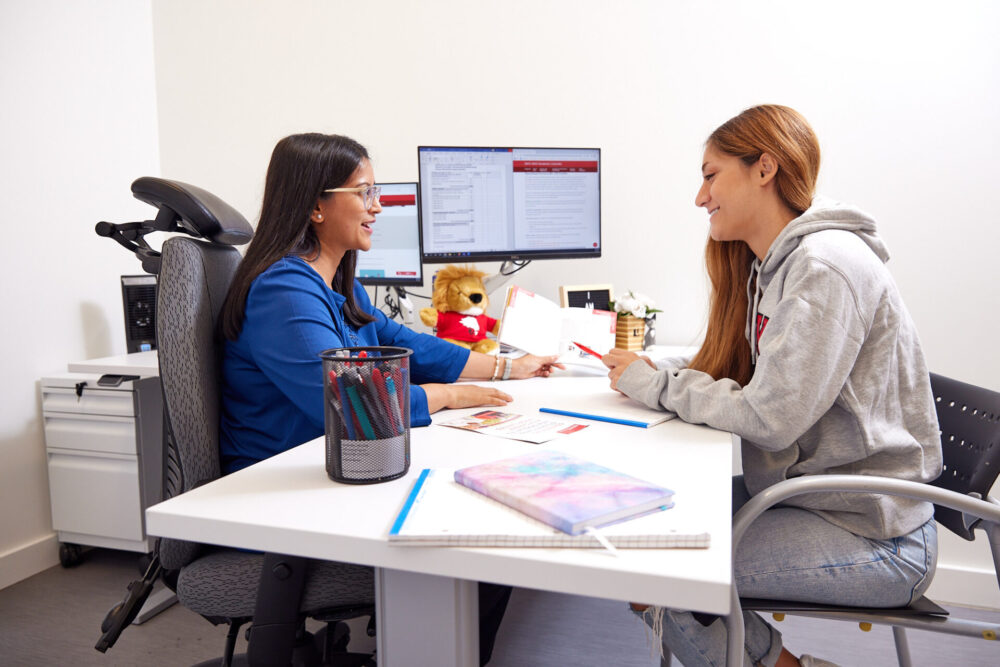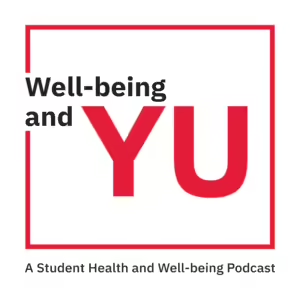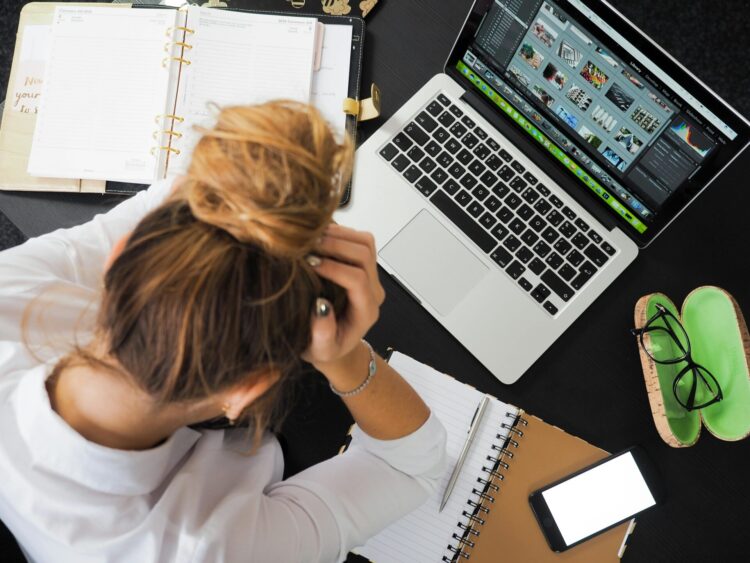
5 Questions To Ask Yourself
1. Why should you have an emergency fund?
Everyone could benefit from an emergency fund. You can think of your emergency fund as an insurance policy against unexpected expenses. It’s a reserve of cash that you set aside for the sole purpose of covering daily living costs while you handle whatever emergency has come up. Some of the emergencies you may face include:
- job loss
- medical emergency
- unexpected home repairs
- unexpected car repairs
- unplanned travel expenses
Being prepared with an emergency fund can give you peace of mind that you can handle life’s unexpected events without taking on debt or adding to your debt, or dipping into any other savings including your retirement funds, which could cost you in fees and penalties.
2. How much do you need?
What’s right for you depends on your financial circumstances, including your income, monthly expenses, and dependents. A general rule is to save enough money to cover three to six months of your essential living expenses including, but not limited to, rent, food, utilities and childcare. Use this Emergency Fund Calculator to help you figure out your monthly expenses and determine how much to save.
3. What expenses should you not include?
In the event of a financial emergency, you would probably eliminate some expenses. You might cut back on things like dining out, entertainment, and vacations while you’re not working. You might temporarily stop saving for education, retirement or other goals. So, don’t include these types of expenses in your savings goals for an emergency fund.
4. Where can you keep your emergency fund?
Because an emergency can happen at any time, having quick access to your money is important. While a regular chequing account may provide quick access to your money, it’s ideal that your emergency fund be separate from the account you use for day-to-day transactions because it may also be too easy to withdraw money and spend it on non-emergencies. It’s a good idea to keep the money separate so that you are not tempted to spend it.
You may want to consider investments called “cash equivalents.” These products are a lot like cash but will help you grow your balance by earning interest on your money. They have low risk and give you easy access to your money. Before you buy, find out when you can get your money out and if there are any fees or penalties for early withdrawals. Cash equivalents include:
- savings accounts
- high-interest rate savings accounts (HISA)
- chequing accounts
- GICs
- Money market funds
- T-bills
You can also consider a Tax-Free Savings Account (TFSA) as long as you stay within your overall contribution limits. Be mindful not to lock up your emergency fund in accounts or investments that will charge you fees or penalties to withdraw your money. You should be able to easily access the money when you need it. Try to avoid the temptation of dipping into your fund for non-emergencies.
5. What are ways to build your emergency fund?
Saving enough money to cover three to six months of your essential living expenses can seem daunting, but the important thing is to start saving gradually. Saving even a small amount on a regular basis can make a big difference in the long term.
You can consider automatic transfers from your chequing account to your emergency fund on your payday. Try to stick to your savings goal. Put away the same amount every month no matter what else may come up.
Reduce unnecessary spending to build your fund
You can also build your emergency fund by eliminating some discretionary expenses. While you probably can’t cut back a lot on your daily living expenses such as food, clothing, housing, transportation, and childcare, you can cut back on your discretionary expenses. These are the things that you choose to spend money on but maybe don’t actually need, such as restaurant meals, entertainment, and impulse purchases.
Use this Spending Habits Calculator to see how cutting back on some of your discretionary expenditures can free up cash for your emergency fund. Just by changing some of your spending habits, you can save more of your money to reach your emergency savings goal.
Key point
An emergency fund can help you cope with a financial emergency without taking on debt. There is no magic number for how much money you should set aside for an emergency fund. Taking a good look at your financial situation can help you determine your ideal emergency fund size.
References
Get Smarter About Money. (n.d.). Preparing for financial emergencies. Retrieved from https://www.getsmarteraboutmoney.ca/learning-path/saving-money/preparing-for-financial-emergencies/


